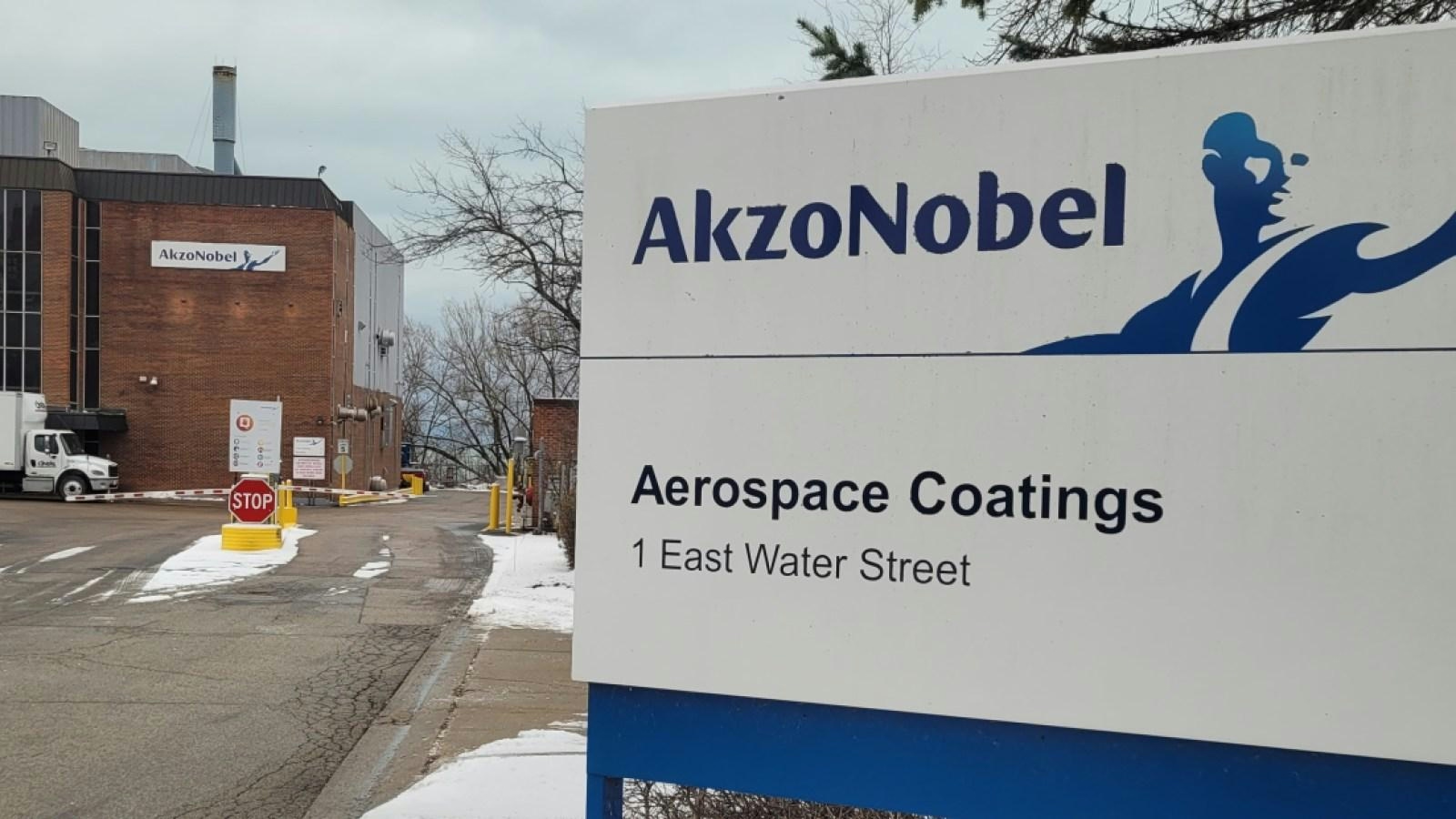
AeroGenie - مساعد الطيار الذكي الخاص بك.
الرائج الآن
Categories
Engine Shortages Pose Major Challenge for Airbus A220
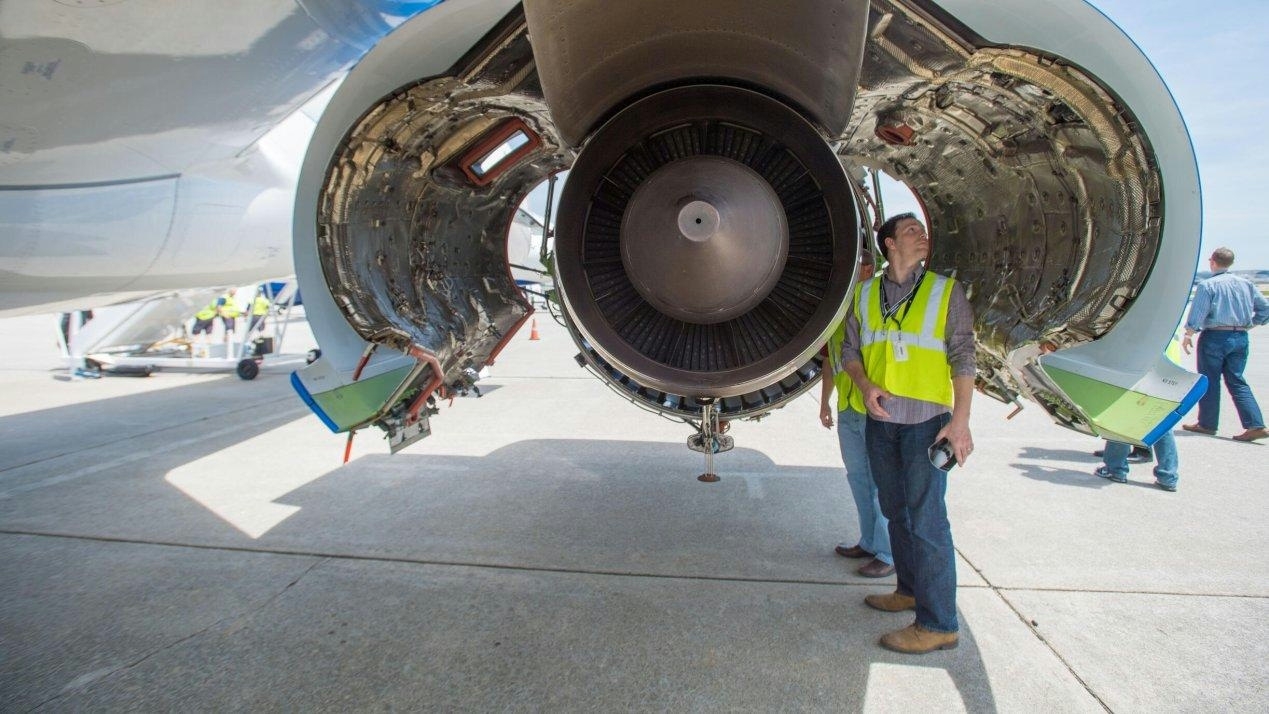
Engine Shortages Pose Major Challenge for Airbus A220
Airbus is confronting a significant operational crisis as persistent shortages of Pratt & Whitney Geared Turbofan engines disrupt the production and deployment of its A220 and A320neo aircraft families. The A220, a model highly regarded since its acquisition from Bombardier, now faces a threat to its commercial viability due to ongoing engine reliability and maintenance challenges.
Engine Reliability Issues Ground A220 Fleet
At the heart of the problem are the Pratt & Whitney PW1500G engines that power the A220. These engines have exhibited durability concerns, including corrosion and powder-metal defects, which have led to premature wear and cracking. Such issues have necessitated more frequent maintenance than originally anticipated. The problem is especially pronounced in harsh operating environments characterized by sandy, humid, and hot conditions, where unscheduled engine removals and repairs have become increasingly common.
Consequently, airlines have been forced to ground a substantial portion of their A220 fleets. Data from FlightGlobal in mid-October indicated that 79 out of 367 A220 aircraft—approximately 22 percent—were out of service. The impact extends beyond the A220, affecting the A320neo family and 17 percent of the global Embraer E-190/195 E-2 fleet. According to reports from the Wall Street Journal, by August 2024, 42 percent of A220s had either undergone inspection or were due for one, raising concerns that additional aircraft could be grounded as further defects emerge.
Operational and Production Disruptions
The engine shortages have compelled airlines to implement drastic measures to maintain operations. Swiss Airlines, for instance, has resorted to cannibalizing parts from its A220-100 fleet to keep its A220-300 aircraft flying. EgyptAir has gone as far as selling its entire A220 fleet, citing persistent engine troubles as the primary reason. These disruptions have also slowed the production and delivery of new A220 aircraft, prompting Airbus to reduce its production targets to 12 aircraft per month for the upcoming year.
Labor Strikes Compound Maintenance Delays
The crisis has been further exacerbated by labor unrest at Pratt & Whitney. In 2024, approximately 3,000 workers at the company’s Connecticut manufacturing plants staged a 22-day strike, demanding job security, higher wages, and improved retirement benefits. This industrial action significantly delayed engine repairs and deliveries before concluding with a new labor agreement.
Industry Response and Future Outlook
The ongoing engine difficulties have begun to affect Airbus’s commercial reputation, with some carriers considering alternative aircraft options. While the situation remains serious, it has not yet reached the scale of the operational crises experienced by Boeing in recent years. Pratt & Whitney has announced plans to address the PW1500G engine issues by late 2026, promising technological upgrades and improvements aimed at restoring reliability. Until these measures take effect, Airbus and its customers face a challenging period marked by grounded aircraft, production slowdowns, and operational uncertainty.
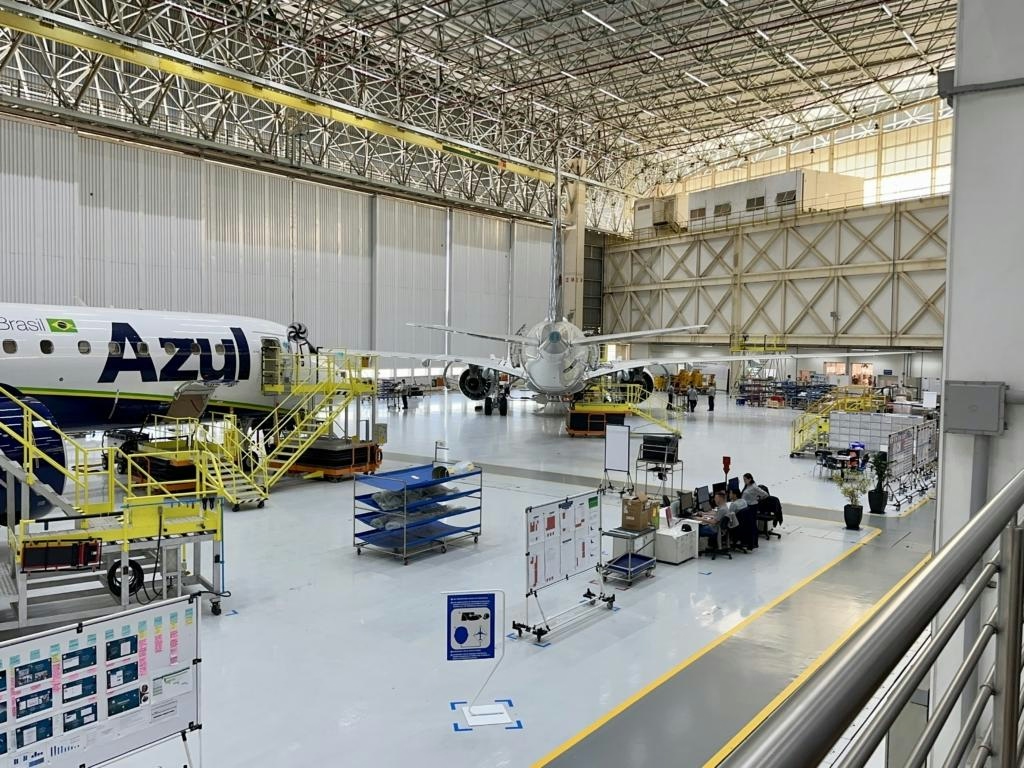
Adani–Embraer deal could bring commercial aircraft assembly to India

GE Aerospace Awarded $1.4 Billion Contract for CH-53K Engines
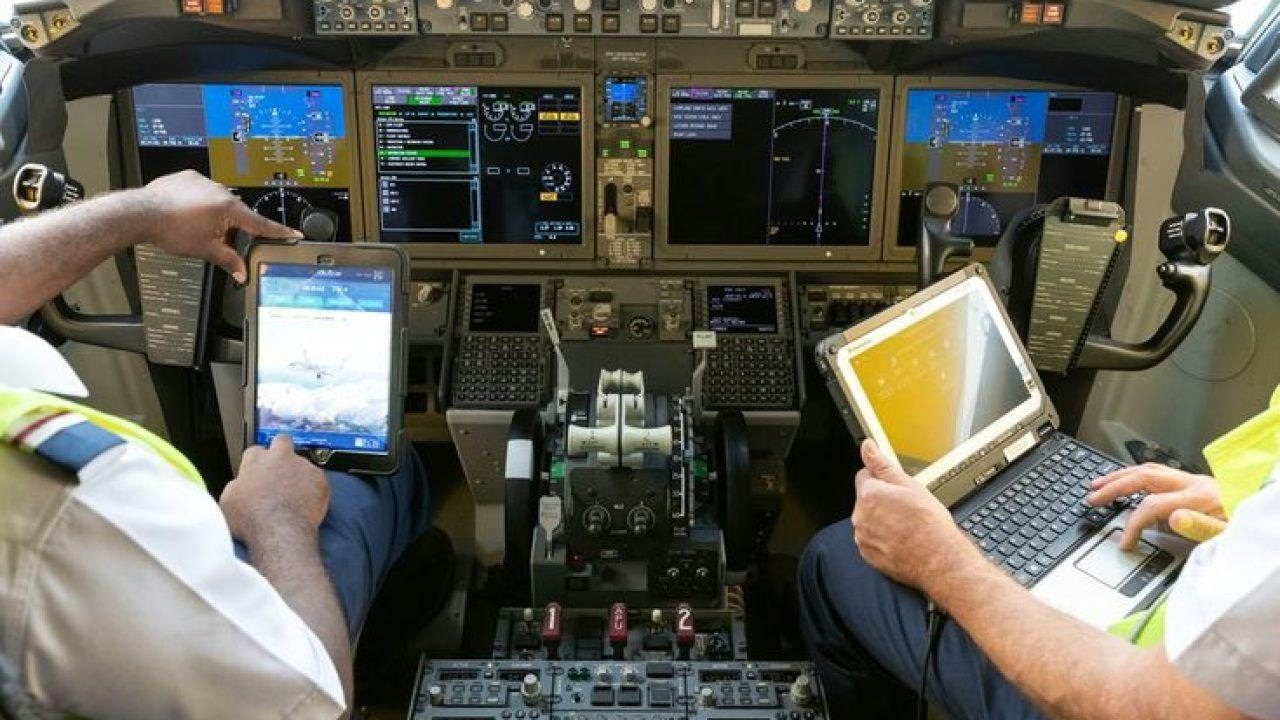
Flydubai Introduces Digital Solution to Improve Operational Efficiency and Customer Service

Astral Aviation Expands Charles Ngwalla’s Role in Strategic Partnerships

Daher Reaches Delivery Milestones in 2025

Flying Taxis May Arrive in Florida by Year’s End
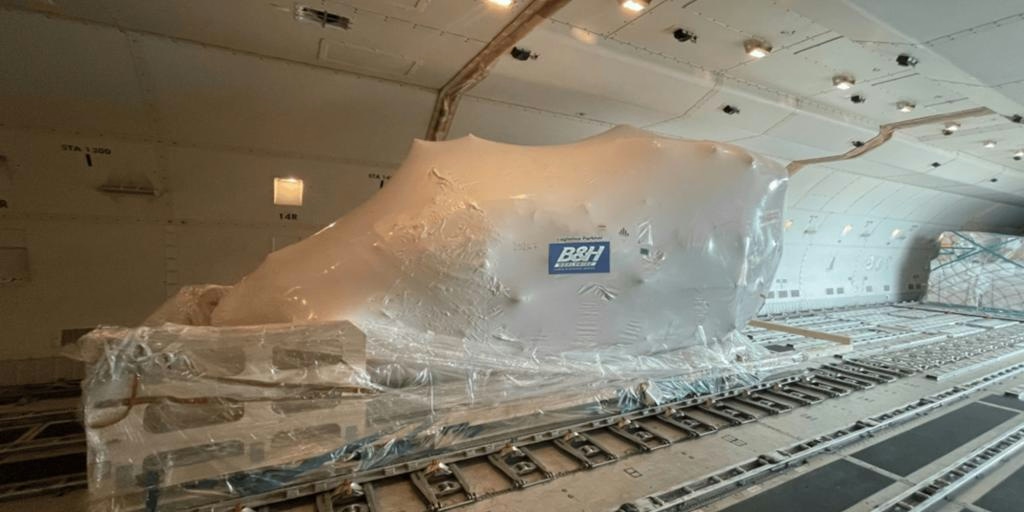
B&H Worldwide Facilitates Delivery of H145 Rescue Helicopters to New Zealand

Digital Aerospace MRO Market Forecast: AI, IoT, Blockchain, and Cloud Technologies Through 2035

Dubai Airlines Redefine Travel with Premium Economy Upgrades
